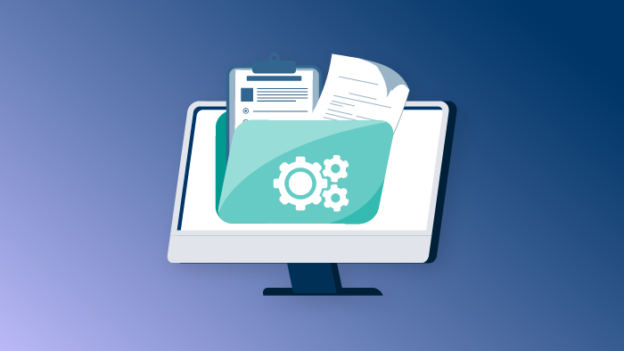For more information on this course, please contact the NNLM Training Office at nto@utah.edu.
This class presents essential concepts in open science through online modules, toolkits, article and book chapter readings, and other resources. The sections of this class are: (1) Fundamentals of Open Science (2) Open Access and Open Data and Open Code (3) Reproducibility (4) Tools and Resources to Practice Open Science. Learners can expect to complete knowledge check quizzes for each section.
Course URL: Supporting Open Science On-Demand: Tools and Trends
Audience
This class is designed for newcomers to data services. A basic familiarity with data services terms and concepts is helpful, but not required, for these classes. Learners are not expected to have any prior experience working in data services.
This is a core/required course for the Level I Data Services Specialization.
Learning Outcomes
By the end of this course, you will be able to:
1. Define open science.
2. Articulate the roles that open science can have across the research data lifecycle.
3. Explain the key benefits and barriers of open data, open access, and open code.
4. Articulate how open science supports research integrity and reproducibility.
5. Explore tools and resources for reproducible research and open science.
MLA CE Credits: 4
Timed Agenda
All sections are self-paced, on-demand, available 24/7.
60 MINUTES – Lesson 1 – Fundamentals of Open Science. Online learning modules, open research toolkit, government memo, review of concepts, quiz.
60 MINUTES – Lesson 2 – Open Access and Open Data and Open Code. Open research toolkits, article and book chapter readings, quiz.
60 MINUTES – Lesson 3 – Reproducibility. Article, book chapter, and editorial readings; policy review; quiz.
60 MINUTES – Lesson 4 – Tools and Resources to Practice Open Science. Review of data discovery tools, book chapter reading, review of concepts, review of other tools, quiz.


